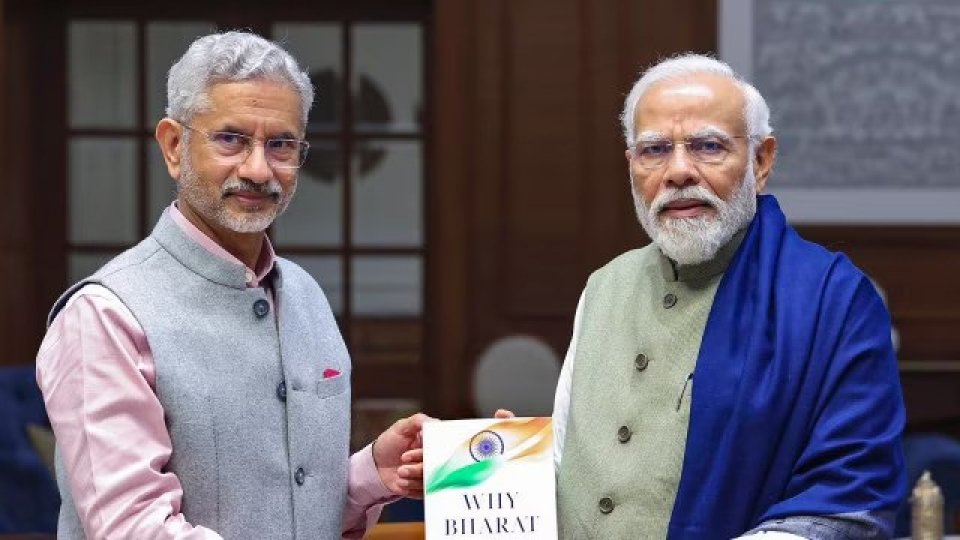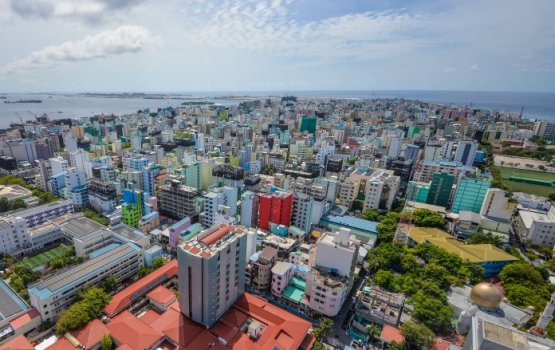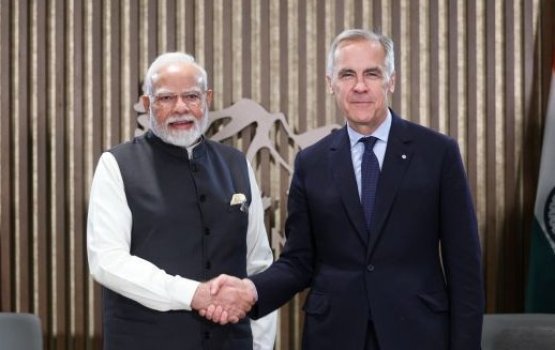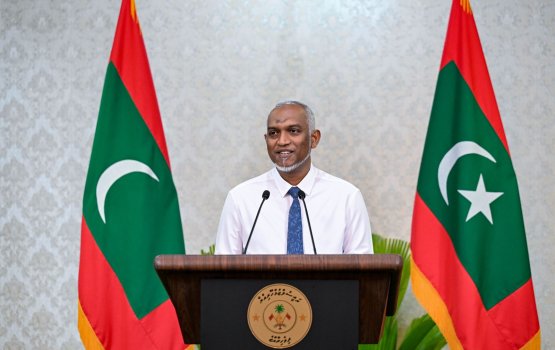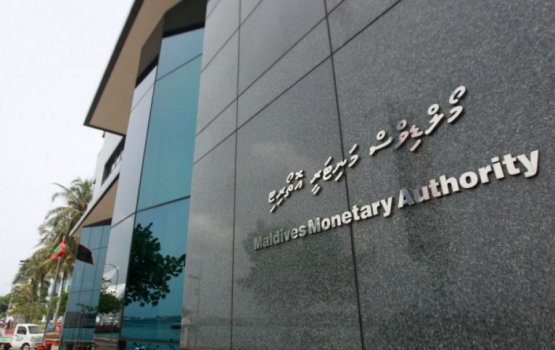As tensions escalate between Israel and Iran, India has called for restraint and a return to diplomacy, maintaining its delicate balancing act between two strategic partners.
Following Israel's initial strikes on Tehran, Indian External Affairs Minister Subrahmanyam Jaishankar held a phone conversation with Iranian Foreign Minister Abbas Araghchi. According to the Ministry of External Affairs, Jaishankar conveyed “deep concern” over the developments and urged both sides to avoid further escalation and re-engage through diplomatic channels.
In a separate statement, the Indian Foreign Ministry said it is “closely monitoring the evolving situation, including reports related to attacks on nuclear sites,” and reaffirmed India’s readiness to extend support for peace efforts. “India enjoys close and friendly relations with both countries,” the statement noted.
India has been treading a careful path amid the conflict. While the Shanghai Cooperation Organisation (SCO), of which India is a member, condemned Israel's actions, New Delhi distanced itself from the bloc’s statement.
Analysts say India’s neutral stance reflects its strategic interests. New Delhi is Israel’s largest defense customer. At the same time, it continues to invest in Iran’s Chabahar Port, a vital link for trade with Central Asia.
Amid these developments, Israel’s Ambassador to India, Reuven Azar, expressed hope that India could serve as a mediator. His remarks followed a call between Israeli Prime Minister Benjamin Netanyahu and Prime Minister Narendra Modi, during which Netanyahu briefed Modi on Israel’s actions.
“India has avenues for dialogue with both sides. It can indeed play a role,” Azar said in an interview with PTI Videos. “We are happy to have this sincere dialogue with India, which is a very good friend. We listen carefully to your concerns. I think they are legitimate.”
Describing the Israeli strikes as a necessary response to Iran’s nuclear and missile programs, Azar said, “No country in the world is interested in this kind of situation,” adding that Israel had “no choice” but to act to counter an “existential threat.”
As West Asia continues to reel under the strain of retaliatory attacks, India’s response highlights its strategic calculus—balancing global alliances while urging calm in an increasingly volatile region. (Source: News feeds)

